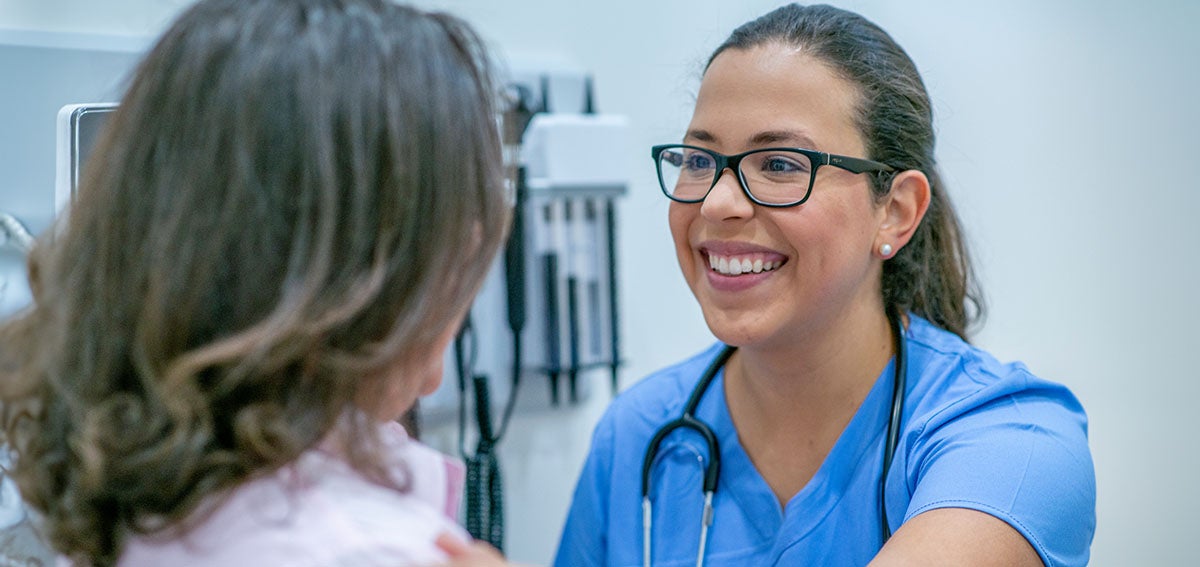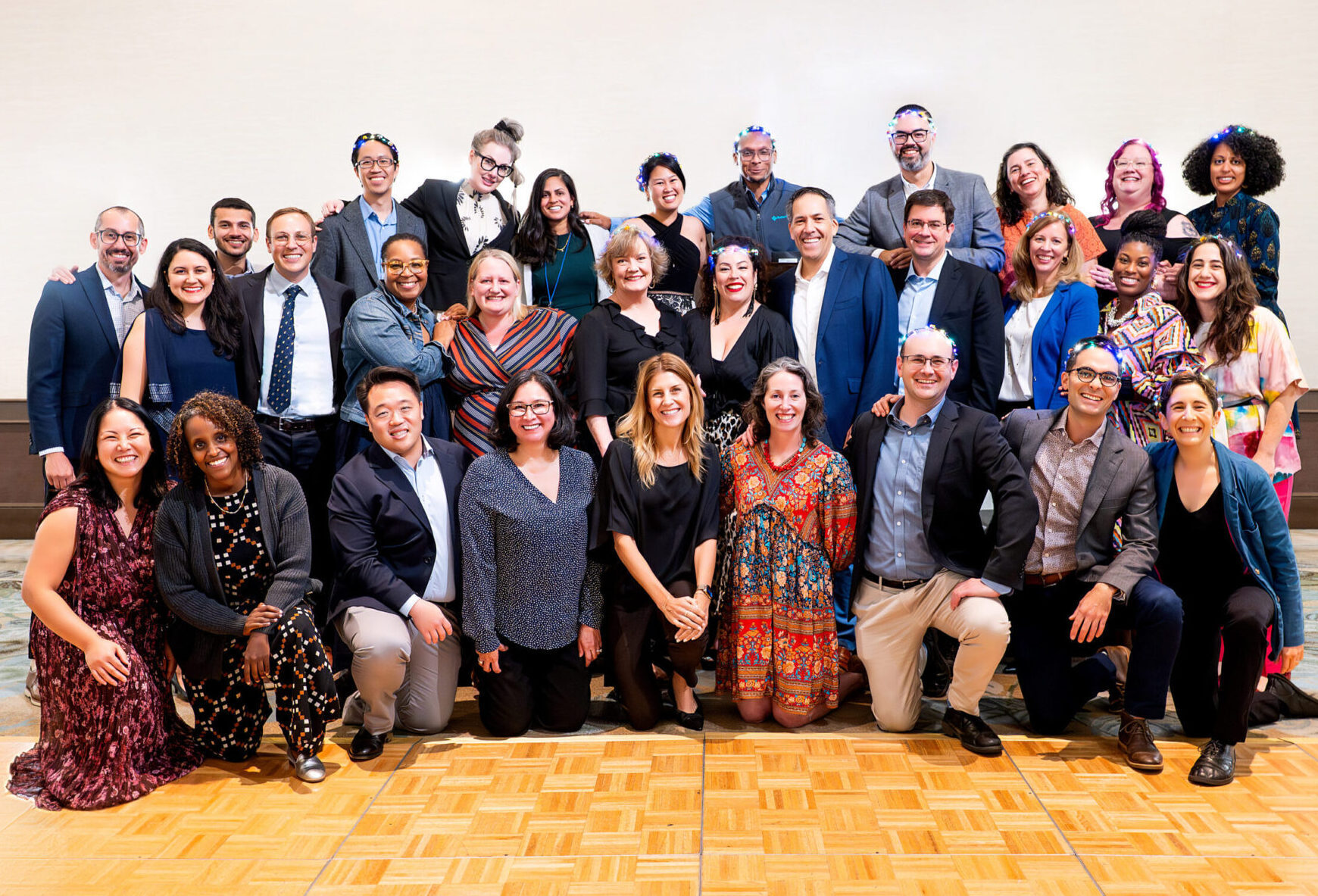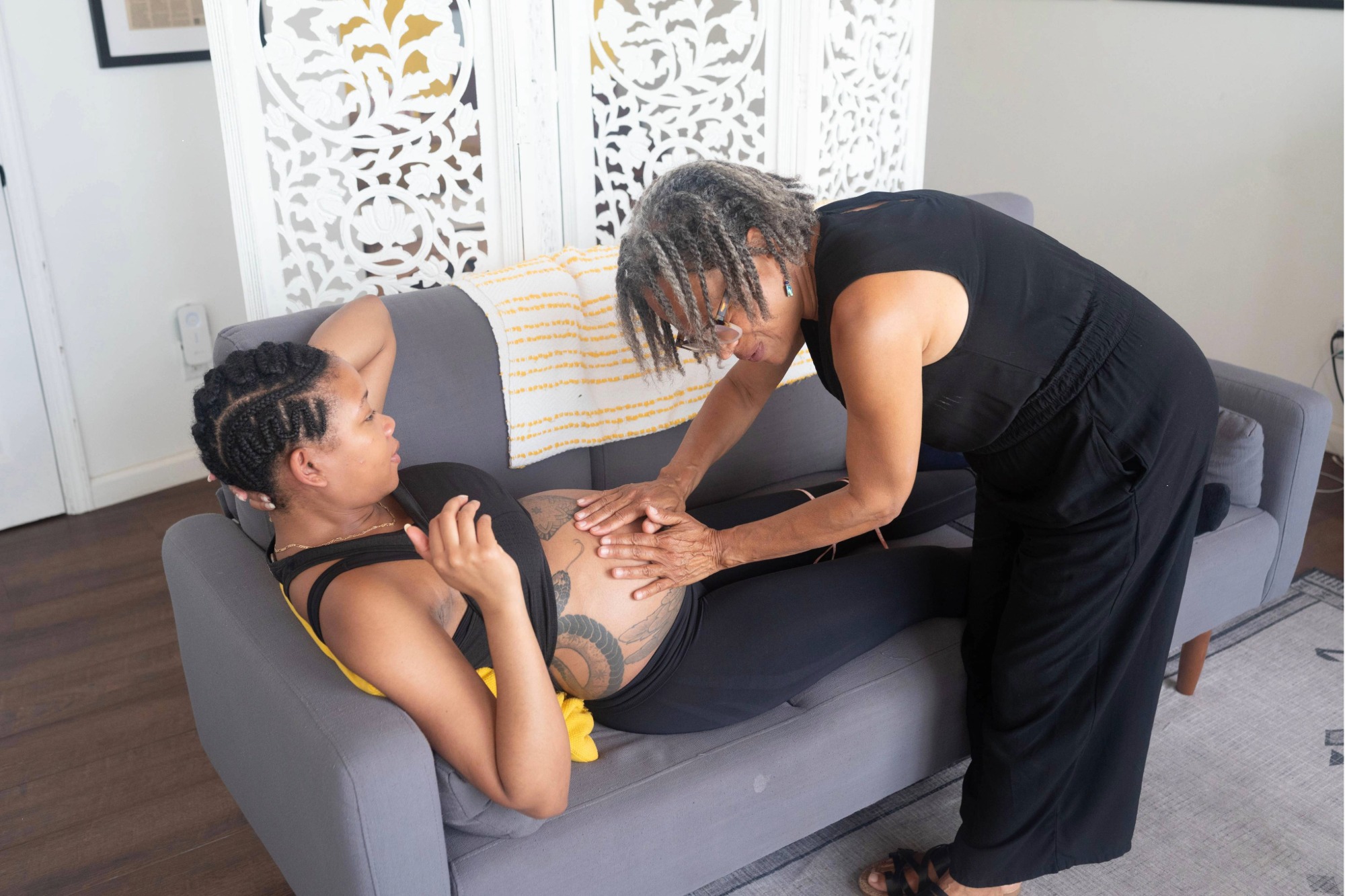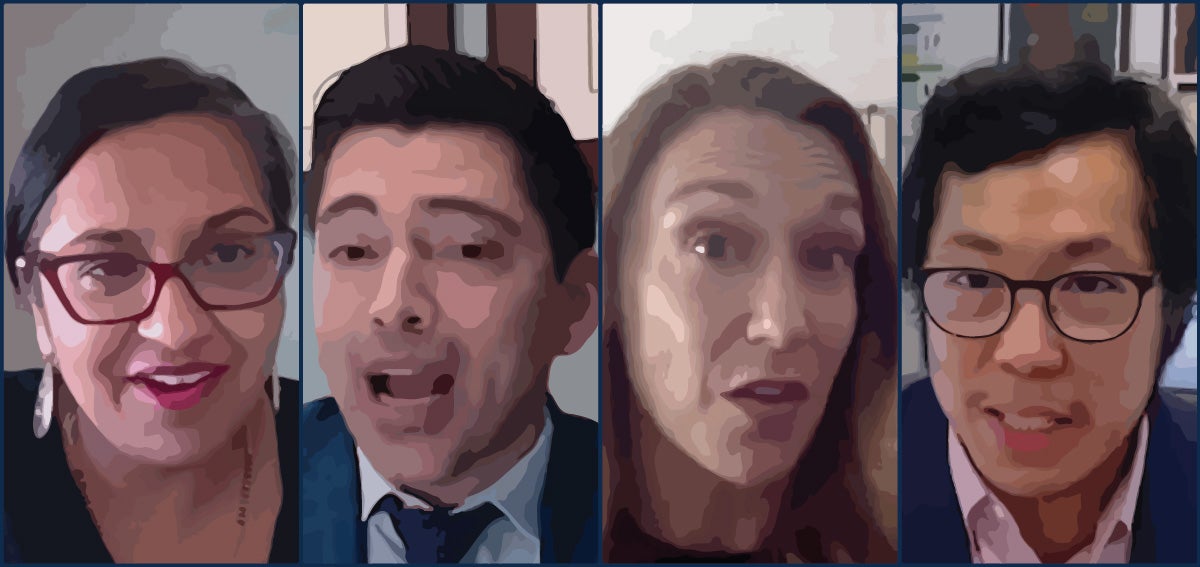
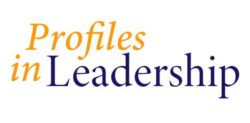
This spring, as the coronavirus effectively shut down California and much of the nation, Manisha Sharma, a family physician in San Diego and an alumna of CHCF’s Health Care Leadership Program, started feeling, as she put it, “helpless.”
So Sharma took action. She launched a weekly online support group that serves as a resource and refuge for safety-net clinicians to share strategies for navigating the uncharted territory of a pandemic response.
“I kept thinking, ‘Look, we are CHCF Fellows, we have this amazing group of providers, a diaspora,’” said Sharma, one of four clinicians I interviewed for an in-depth look at the challenges faced during COVID-19. “We need to be helping each other and giving a voice to what’s happening.”
Survey Finds Spike in Behavioral Health Care Needs
Sharma and her colleagues aren’t alone in finding strength from connecting with peers or needing moral support.
A recent survey of about one-quarter of the 500 alumni of the Leadership Program found that the behavioral health needs of both patients and medical staff spiked after COVID-19 erupted. CHCF highlighted selected responses from the April survey, which was conducted by the Healthforce Center at UCSF.
Gauging the Pandemic’s Impact
Learn more about how CHCF leadership fellows reacted to the COVID-19 pandemic with highlights from the alumni survey.
While clinicians were concerned about where to get scarce tests and personal protective gear, the survey revealed that the everyday stresses of caring for vulnerable patients under extraordinary circumstances exposed other underlying problems — such as how to provide support for providers in a medical culture that has traditionally minimized such needs.
“Some of my medical colleagues have the attitude that physicians should set aside their emotions during this time and keep working,” one of the 139 survey respondents wrote. “As a clinical psychologist, I know that everyone is immersed in the suffering brought on by the pandemic and that it will serve physicians better to get time to step back and process how the pandemic is affecting them.”
Vulnerability as Leadership
Expressing vulnerability during uncertain times is difficult for most people. It’s especially difficult for clinicians, who are trained to focus on patient needs, said Elizabeth Morrison, a Modesto-based clinical social worker and CHCF Leadership Program alumna.
“It’s something that I have to acknowledge was really problematic,” said Morrison, echoing comments of other clinicians who participated in the survey. “We could sit around and talk about what others need and not disclose what we ourselves were struggling with.”
Jei Africa, a clinical psychologist and Marin County’s director of behavioral health and recovery services, said the last four months have shown that vulnerability is a strength, not a disadvantage, for providers.
“There are other leaders saying, ‘We are strong, we’re going to get through this,’” said Africa. “For me, I have really tried to balance with my staff that it can’t always be ‘Rah! Rah! Rah! Everything is going to be okay.’ Sometimes when people have questions, we don’t always have the answers.”
If there are silver linings in the wake of the pandemic, Africa, Morrison, and others said, it might be an acknowledgement of the humanity and vulnerability of health care providers themselves.
“This pandemic is asking a lot more of us,” said Efrain Talamantes, a physician and chief operating officer of AltaMed Health Services in Los Angeles. “We can’t just stand down. We are constantly being asked to stand up.”
An Intimate Look at the Pandemic Learning Curve
CHCF wanted to take a deeper look into the successes and challenges facing clinicians during the pandemic, so I interviewed four health care providers who are current or former Leadership Program fellows. The interviews were conducted, like so much of life these days, in Zoom video calls. They provide informal, candid snapshots of moments of vulnerability, leadership, and adaptation:
- Elizabeth Morrison, LCSW (Leadership Program Cohort 11), CEO and principal consultant, EM Consulting, Modesto, California
- Jei Africa, licensed clinical psychologist (Cohort 16), director of behavioral health and recovery services, Marin County, California
- Manisha Sharma, MD (Cohort 19), family and social medicine physician in San Diego
- Efrain Talamantes, MD, MBA, MSc (Cohort 18), chief operating officer, AltaMed Health Services, Los Angeles
CHCF Leadership Program Application Deadline Extended
While this is an extraordinarily difficult time for clinicians to take on additional responsibilities, the CHCF Health Care Leadership Program is designed to inspire, transform, and energize. CHCF and the Healthforce Center have extended the application deadline for the next cohort of fellows to August 31, 2020. For this year’s incoming class, the foundation will provide up to 100% tuition assistance to those working in the safety net.
You can learn more about the leadership program through this recent blog post. Application materials are available from the Healthforce Center at UCSF.
Authors & Contributors
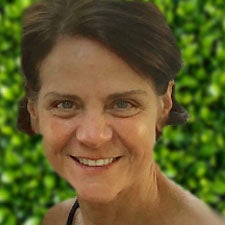
Diana Williams
Diana Williams, MPA, is a communications and policy consultant with a background in journalism, philanthropy, and nonprofit leadership. She led funder engagement with federal and state policymakers as public policy director at the Funders’ Network for Smart Growth and Livable Communities. Previously, Diana served as executive director of Urban Ecology, a community design center in the San Francisco Bay Area, and was a grant maker at the James Irvine Foundation.
Diana began her career as a journalist, covering City Hall and the California legislature for the Oakland Tribune. She holds a bachelor’s degree from Hamilton College and a master’s degree in public administration from the Harvard University John F. Kennedy School of Government.



